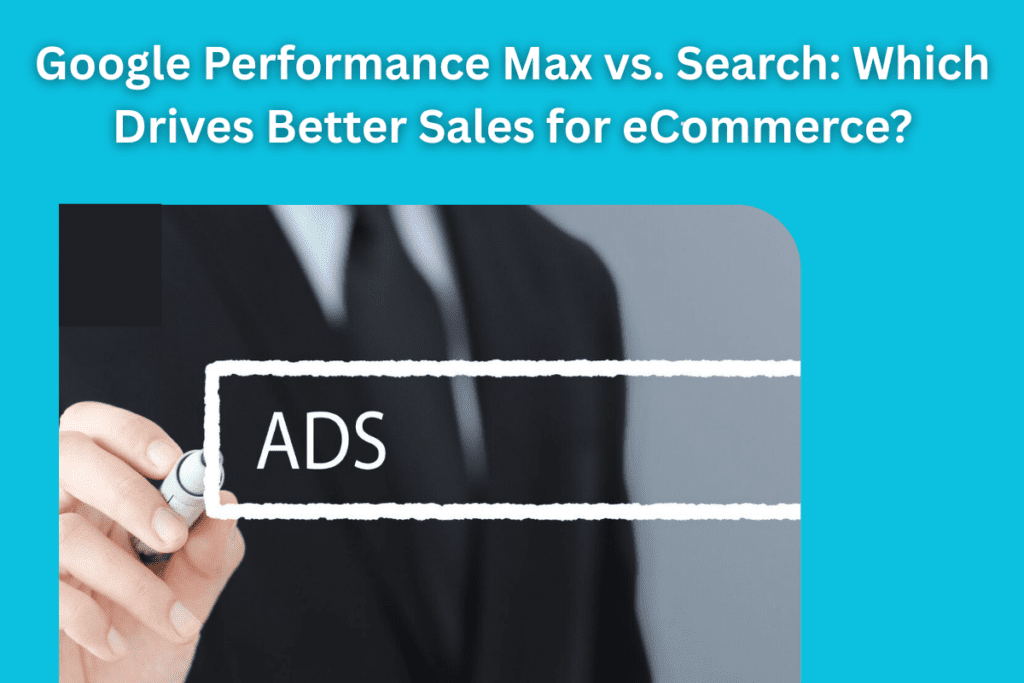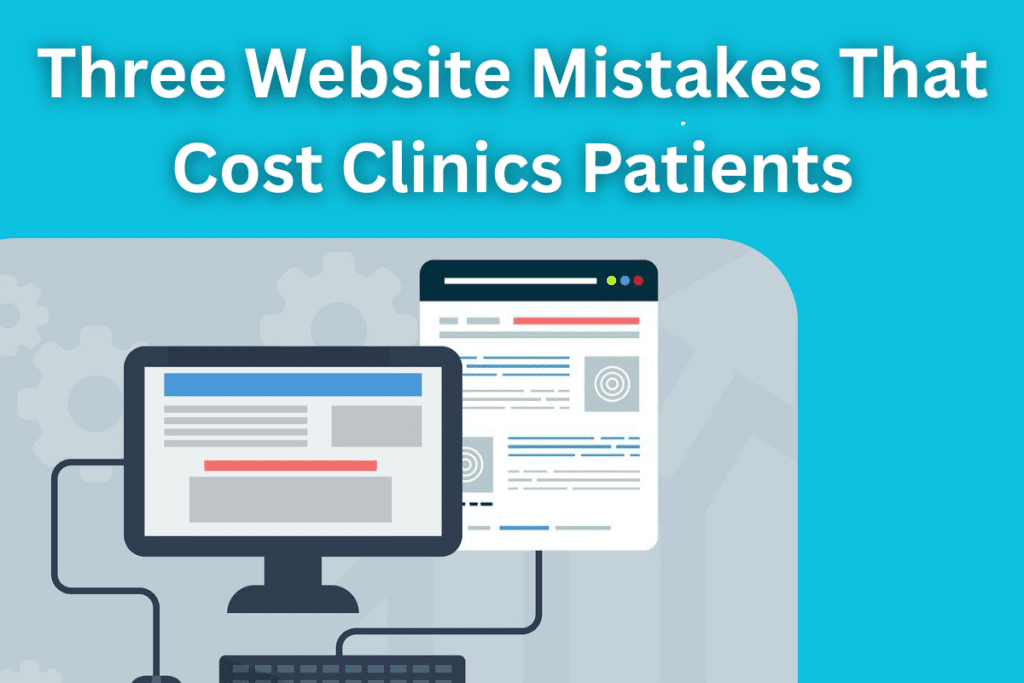As a business owner, you know that customer data is important. It helps you understand your customers better and allows you to create targeted marketing campaigns that produce results.
However, as with anything else, there are ethical considerations to be taken into account when it comes to customer data.
In this blog post, we will discuss the ethics of customer data and how you can ensure that you are using it in a responsible way.
What is Customer Data Ethics?
Customer data ethics is the study of the ethical implications of collecting, storing, and using customer data. This includes considering the potential risks and harms that could come from mishandling customer data, as well as the rights of customers to privacy and control over their own data.
Why is Data Ethics Important?
As a business owner, you have a responsibility to your customers to protect their data. This is not only a legal obligation, but it is also the right thing to do.
Mishandling customer data can lead to serious consequences, such as identity theft, fraud, and loss of trust.
Data ethics is also important because it helps you build trust with your customers. Customers who know that you are handling their data ethically are more likely to do business with you and recommend you to others.
How Can You Ensure Good Data Ethics?
There are a few simple steps that you can take to ensure good data ethics in your business:
Transparency
Be transparent about how you collect, store, and use customer data. You can ensure transparency by having a clear and concise privacy policy that explains what data you collect and how you use it.
Make sure that your customers know what data you are collecting and why. They should also be aware of their rights to access, change, or delete their data.
Transparency also extends to security. Customers need to know that their data is safe and secure. Be sure to implement appropriate security measures, such as encryption and access controls.
By being transparent about your data practices, you can build trust with your customers and show that you are committed to protecting their data.
Consent
Just like how consent is important in any relationship, it is also important when it comes to customer data. Make sure that you have the explicit consent of your customers before collecting, storing, or using their data.
Be clear about what you are asking for consent for and get specific permission from each customer. You should also give customers the option to withdraw their consent at any time.
It is important to remember that consent is not a one-time thing. You should keep track of who has given you consent and for what purposes. If you change your data practices, you will need to get new consent from customers.
By getting explicit consent from your customers, you can be sure that you are using their data ethically and in a way that they are comfortable with.
Opt-Out Option
In addition to giving customers the option to withdraw their consent, you should also provide an opt-out option for any data collection that is not essential to your business. For example, if you are collecting data for marketing purposes, you should give customers the option to opt out of having their data used for this purpose.
An opt-out option shows that you respect your customers’ privacy and gives them control over their own data.
By offering an opt-out option, you can demonstrate good data ethics to your customers.
Data Storage and Security
Once you have collected customer data, it is important to store it securely. This means keeping it safe from unauthorised access, destruction, or alteration. You should also have a plan for how long you will keep the data and for how you will dispose of it when you no longer need it.
In addition to physical security, you should also implement security measures such as encryption and access controls. This will help to protect customer data from cyberattacks and unauthorised access.
By taking steps to secure customer data, you can show that you are committed to protecting it.
Conclusion
Customer data is important, but you need to make sure that you are using it ethically.
By following these guidelines, you can secure and protect customer data while also building trust with your customers.










